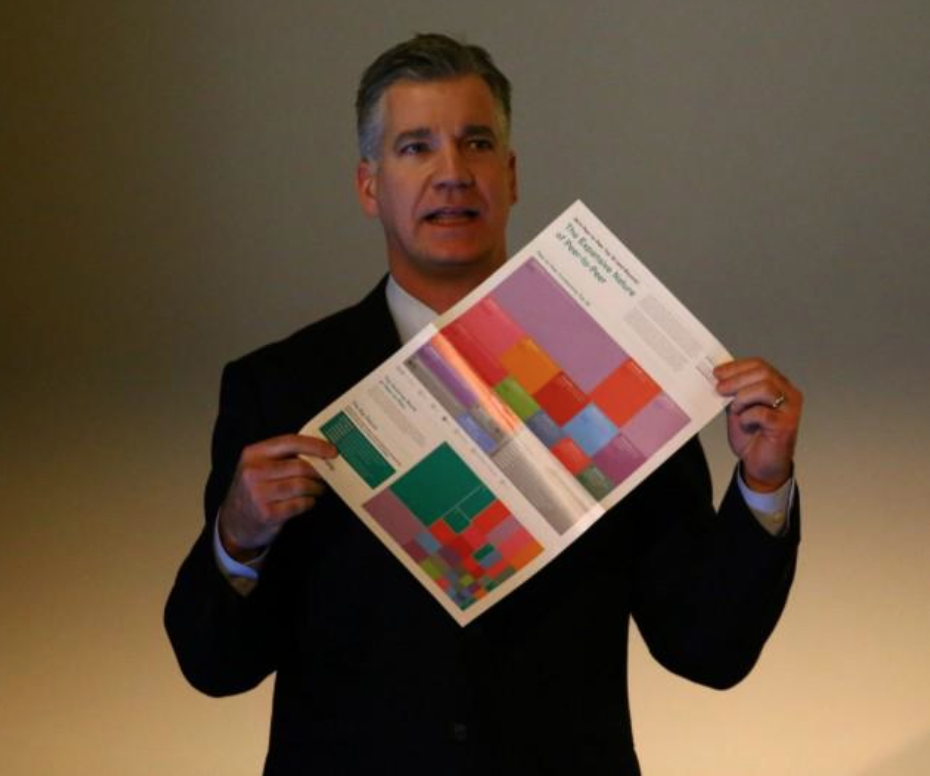Share this
Previous story
← Why I Registered: A Runner's Perspective On Participation
As a mom of three kids, I drive a lot of carpools. Between daily pilgrimages to school, soccer, ballet, and sleepovers, the car is often full of kids, the radio is turned up, and the conversation is lively. I look forward to my shift as chauffeur: there’s something about interaction in the car that I find refreshing. There are fewer distractions, so everyone is engaged and enjoying each other’s company.
Lately, the carpool dynamic has started to change (as family dynamics tend to do). My oldest daughter is now in 7th grade and her friends have started to acquire smartphones. The first thing they do after they chirp hello, pile into the car, and buckle in is pull out their phones and start scrolling through news feeds, opening Snapchats, and texting. And although they’ll answer the questions I ask and say thank you as they leave, the freely flowing conversations and daily stories are becoming a thing of the past. The space between the driver’s seat and the back seat has gotten quieter, and seems larger than ever.
I was thinking about this carpool conundrum at a client meeting recently. Clients and partners from both coasts had gathered in person for a few hours to discuss progress on a project. The day’s agenda was light and the prep was minimal. The goal was to reconnect and get aligned on hits, misses, and next steps.
As we sat down, a few people followed a familiar ritual – open up the laptop, connect to Wi-Fi, and strategically place the smartphone nearby so as to read and occasionally respond to text messages. As the meeting unfolded, some people casually scrolled through their inboxes on the phones in their laps. Others blatantly typed on their laptops when the conversation didn’t involve their immediate work or responsibilities. On paper, we checked the boxes of the meeting’s objectives – we discussed the important topics and agreed to next steps. But I left feeling like it was a missed opportunity.
If you are reading this blog, you are probably in the business of making the world a better place. Your cause might be curing a disease, feeding hungry kids, or alleviating poverty. In some way, your nonprofit or organization, like Plenty, is trying to make a difference that will add up to bigger change. It’s work that needs our best effort. It’s work that needs all hands on deck. Most importantly, it’s work that needs all hearts and minds engaged.
I realized shortly after the meeting that my sense of unease and lack of fulfillment came about because we missed a chance to inspire each other. It’s hard to reinforce the importance of our work and collective goals when people are multi-tasking – and beyond the difficulty, it’s disheartening. We must be fully engaged to discuss what is succeeding, what we’ve learned, and what actions are getting us closer to realizing our mission. Those are the conversations that motivate us. Those are the conversations that inspire us. Those are the conversations that facilitate learning.
To have meaningful conversations, we have to put down the phone, let go of the laptop, and turn off the tablet.
No matter how busy I feel, I commit to putting down the phone and focusing on the conversation at hand, and I encourage my family to do the same. As for the carpool, I’m considering a cell phone ban for the teenagers. Sure, I may become the least popular chauffeur for a while, but I’m willing to suffer through a few quiet moments in order to hear about what happened in the classroom, on the field, or over popcorn at a sleepover.
These Related Stories



No Comments Yet
Let us know what you think